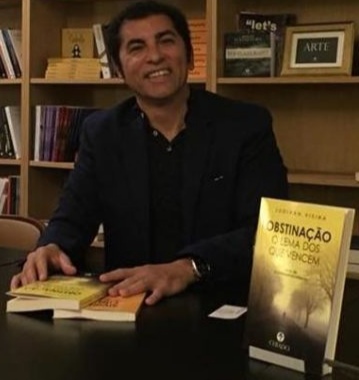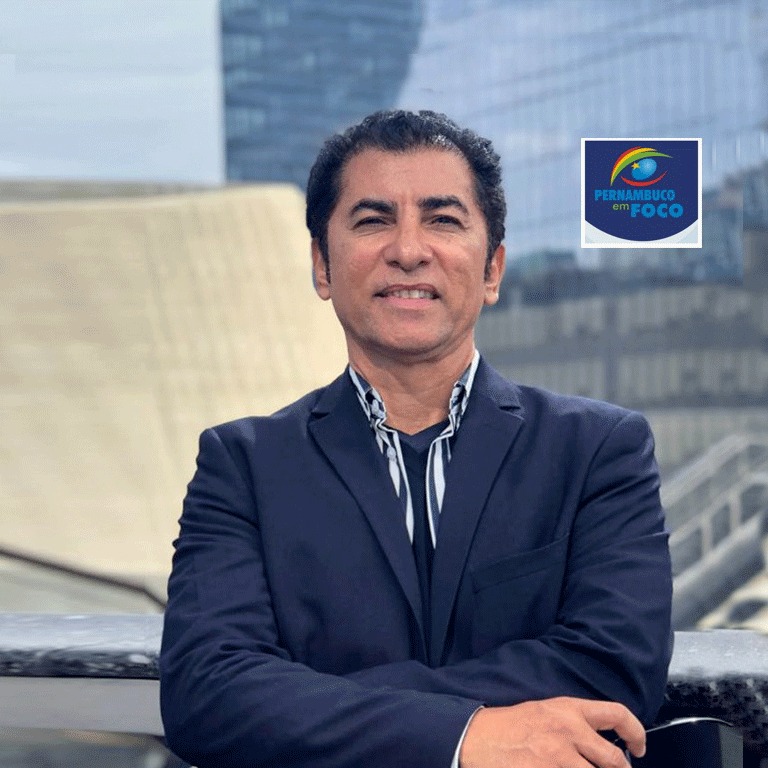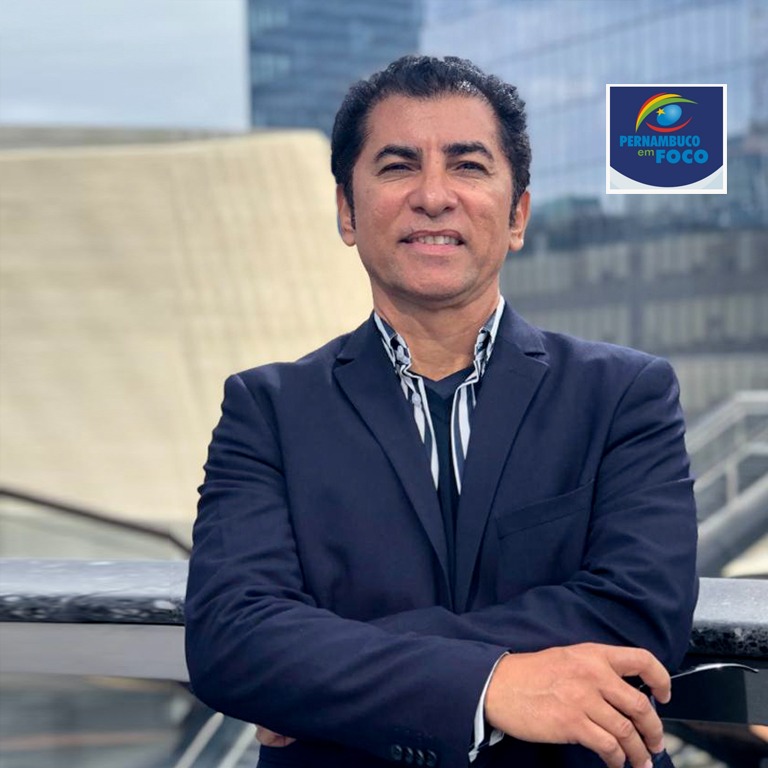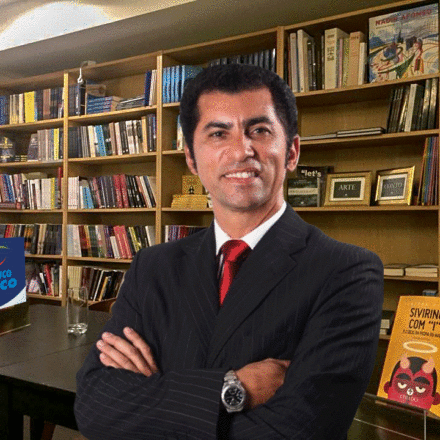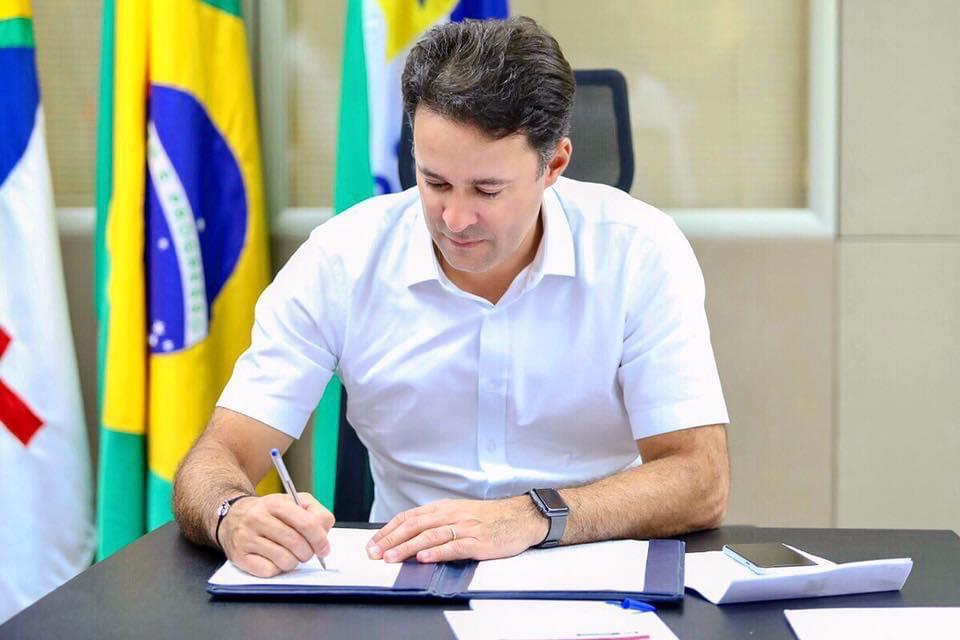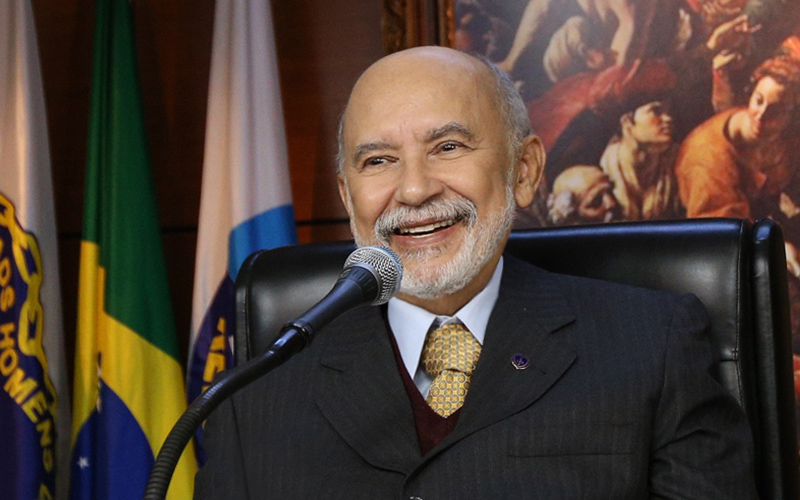From Brasília, the capital of Brazil.
As we said in the last episode, the expression “new normal” came onto the scene in 2009, as a description of the new routines imposed on people, due to the 2008 crisis.
Occasionally, the world is shaken by events of nature or cases of force of circumstances that impose changes. Amid the strong feeling of self-sufficiency, humanity is fragile in almost every respect.
The 14th century black plague, the 1918 pandemic, was called the Spanish flu, but with strong suspicions that it was, in fact, born in the state of Kansas-USA. USA And migrated from there to the fields of the First World War. In Europe. Now, the Coronavirus-Covid-19 pandemic is indisputable evidence of our biological fragility.
We are also socially and psychologically fragile. As “civic animals,” as Aristotle called us, we are strongly influenced by the force of the crowd.
We are heavily influenced by negative and tyrannical voices, as well as optimists who serve different purposes. For example, to convince the American population to participate and enlist for World War I, President Woodrow Wilson installed a true “marketing” machine, sending out the most beautiful and inspiring posters on the virtues of answering the call of “Uncle Sam ”
Realizing, too, the power of the influence of an optimistic voice in the crowd, Woodrow Wilson, ordered his Administration to hire travelling coaches, people who delivered incendiary speeches on the streets. With this, the crowd, even devastated and dying in the pampas, with the “Spanish flu”, enlisted and went on to their second death, in the Elysian fields and bomb gardens, in Europe.
By this, I mean that each of us has his normal, healthy, sometimes destructive, sometimes constructive routine. Make no mistake, just as there are focused people, there are those who need to feed on the chaos to feel alive, in theory, useful for you and for others.
There are people who need to be attached to someone, or a harmful situation because this “normality” makes them feel “safe”. These routines, which dictate individual normality, also become the “normality” of an entire nation, especially when the ruling political classes plant their ideological will in the collective unconscious and conscious.
For example, in Brazil, we have become accustomed since our discovery to following political ideologies that make us more massive people than thinking individuals. This has always been useful for the political classes because a massive people are easily led to the right, to the left, to the center, like blind, deaf and dumb sheep. Happy they go to the mortal destiny, that others trace to them.
Thinking about the negative impacts caused by the 2008 crisis, Mohamed A. El-Erian coined the expression “new normality”. After all, what or what changes should people get used to?
1 — not to get into debt, without the minimum net capacity to pay debts;
2 — institutions should limit credit to avoid having to declare bankruptcy or undergo subsequent mergers;
3 — planning before borrowing. The population, now homeless and unemployed, must learn to plan, or plan better, before going into debt with housing, health, education, food, clothing, etc.
4 — within this “new normal”, should employers change their strategy towards consumers? Produce and market more useful, cheaper, and higher quality products?
5 — on the global complaints of the WTO — World Trade Organization, of the lack of arable land, to satisfy the hunger of the billions of people who are already hungry in the world, part of the fields must continue to be planted to “pet” food, given that the population of pets, which are treated as “people,” already exceeds one billion?
6 — What about banks? How should states deal with legislation that encourages them to offer credit to the borrower and then mercilessly execute it, taking their home and other assets?
Considering that the post-2008 economic crisis hit the planet like a pandemic, other aspects worth noting are: how should the homeless and unemployed behave in the face of this “new normal” of the economic crisis?
As for the safety of walking the streets, going to bars, restaurants, and nightlife, how careful should you be when faced with the multitude of beggars roaming the streets?
Can the State and people, against this “new normal”, defend themselves against the order of the crimes, which appear as “tsunamis”, just after the displacement of the “plate tectonics”, which breaks social normality?
Episode 3, next Saturday.
Follow me on Instagram: judivan j vieira

